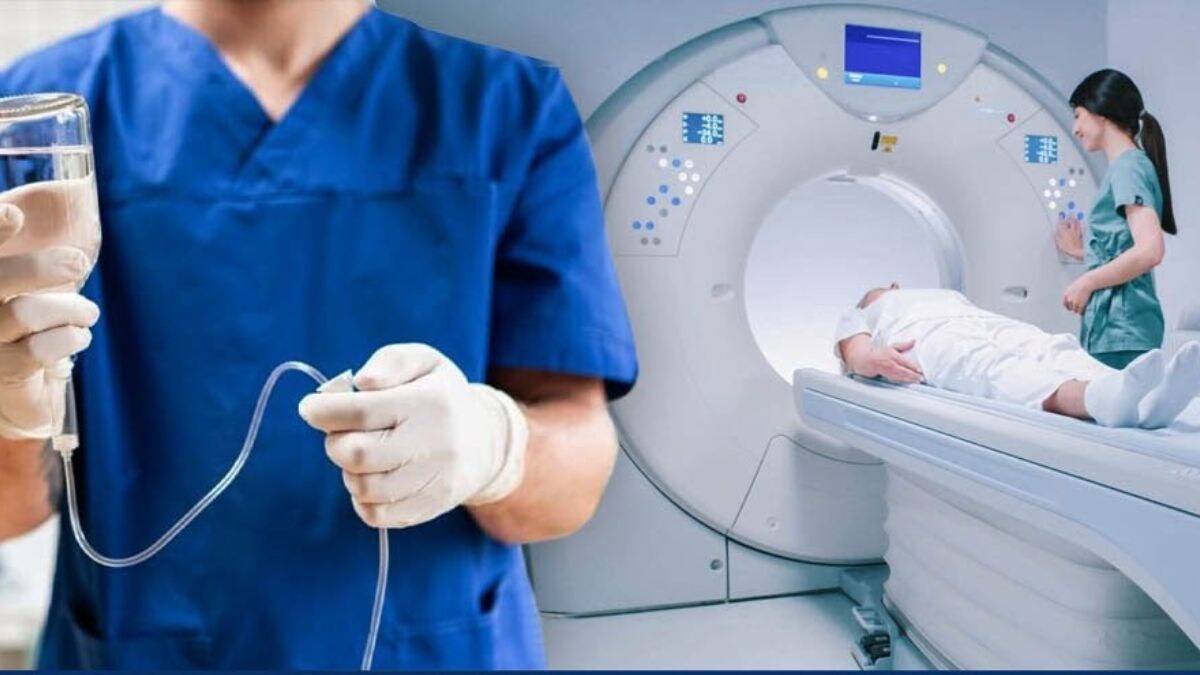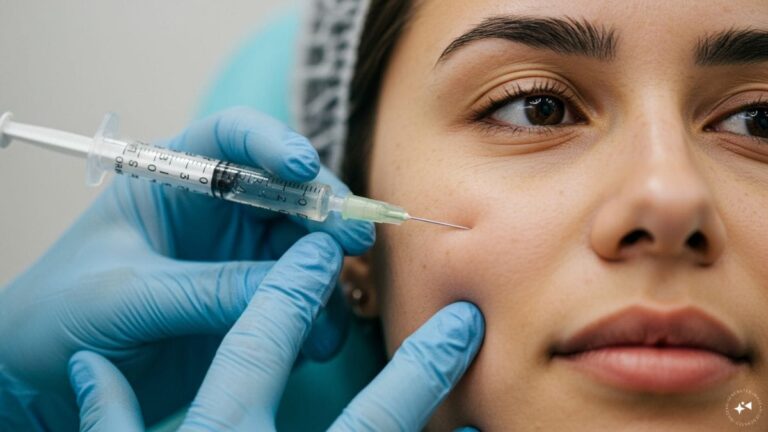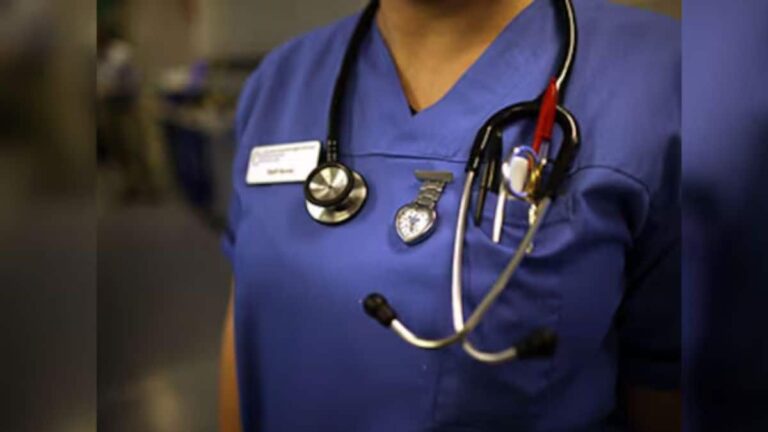With over 100,000 cancer cases reported annually, India faces a growing health crisis worsened by myths, stigma and misinformation. Firstpost presents the expert’s view to debunk common misconceptions around causes and treatments—from family history to CAR T-cell therapy—emphasising that awareness, early diagnosis and timely medical action are key to improving outcomes and saving lives.
read more
With over 100,000 new
cancer cases
diagnosed annually in India, the disease has emerged as a major public health challenge. Yet, persistent myths, misinformation and stigma continue to cloud understanding about cancer’s causes, symptoms and treatment options. This lack of awareness often leads to delayed diagnosis, fear-driven decisions, and a significant barrier to timely care, ultimately affecting patient outcomes.
Dr. Dinesh Bhurani, Director of the Department of Hematology and Bone Marrow Transplantation at Rajiv Gandhi Cancer Institute, New Delhi, spoke to Firstpost to debunk some of the most widespread misconceptions about cancer and its treatment. Below are key myths clarified with expert insights that every patient and family should know:
Myth: You’re safe from cancer if it doesn’t run in your family
Fact: Most people diagnosed with cancer have no family history of the disease. While genetics can play a role, factors like lifestyle, age, infections, and environmental exposures are often more influential. Regular screenings are essential for everyone, regardless of family history.
Myth: Physical trauma to the breast causes cancer
Fact: There is no scientific evidence linking breast injuries to cancer. Sometimes trauma may lead to the discovery of an existing lump, but it doesn’t cause abnormal cells to grow. However, any changes in the breast should still be checked by a doctor.
Myth: CAR T-cell therapy inevitably leads to severe side effects
Fact: While CAR T-cell therapy can have side effects, such as fever or fatigue, these are often manageable. More serious side effects like cytokine release syndrome are closely monitored and treated by specialized medical teams to ensure patient safety.
Myth: Radiation from medical scans increases cancer risk
Fact: Diagnostic tools like X-rays, CT scans, and mammograms use controlled levels of radiation that are considered very safe. The benefits of early detection and accurate diagnosis far outweigh the minimal risk. Scans are only performed when necessary, following strict safety guidelines.
Myth: Superfoods can prevent or cure cancer
Fact: No single food can prevent or cure cancer. A healthy diet supports overall well-being, but cancer is influenced by multiple factors including genetics and the environment. Prevention relies more on lifestyle choices, like avoiding tobacco and alcohol, regular exercise, and timely medical checks.
Myth: CAR T-cell therapy should only be used after relapse
Fact: While initially a last-resort option, CAR T-cell therapy is now being considered earlier in treatment plans for certain blood cancers. Early intervention, based on specialist consultation, can lead to better outcomes.
Myth: Any lump or tissue growth means cancer
Fact: Many growths, such as cysts or lipomas, are benign. However, it’s vital to have any new or persistent lump examined by a healthcare professional to rule out serious conditions.
Myth: Bone marrow transplant is the only cure for leukemia
Fact: While bone marrow transplants can be lifesaving for some leukemia patients, they are not suitable for all. Treatment depends on various factors, including the type of leukemia, the patient’s health, and donor availability. Other therapies, such as chemotherapy or CAR T-cell therapy, may also be effective.
Empowering through awareness
Dispelling these myths and understanding the facts can significantly improve how patients approach their cancer journey. According to Dr. Bhurani, “Early diagnosis and the right treatment choices dramatically increase survival chances. The key lies in education, awareness, and timely action.”
Cancer may be a formidable disease, but with accurate information and professional guidance, it is often treatable, especially when caught early.




















